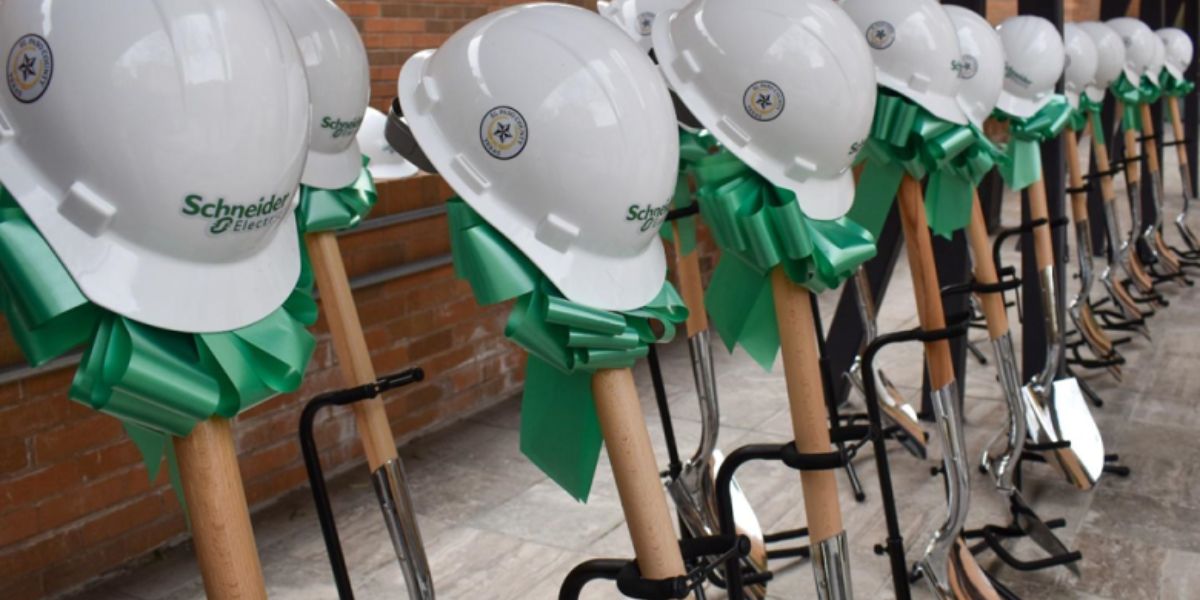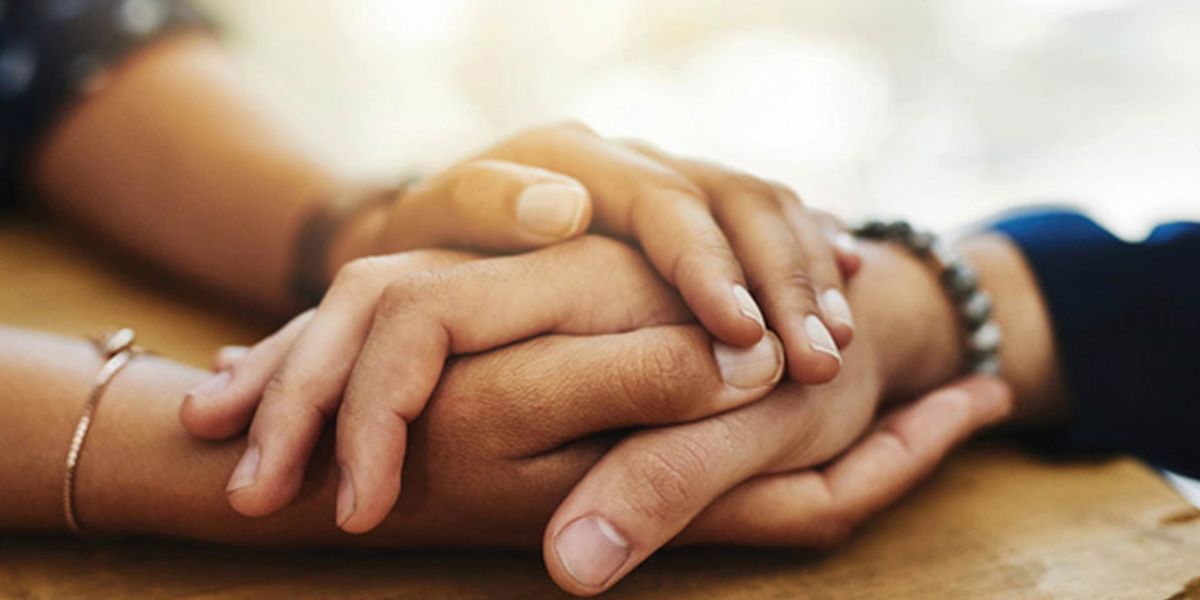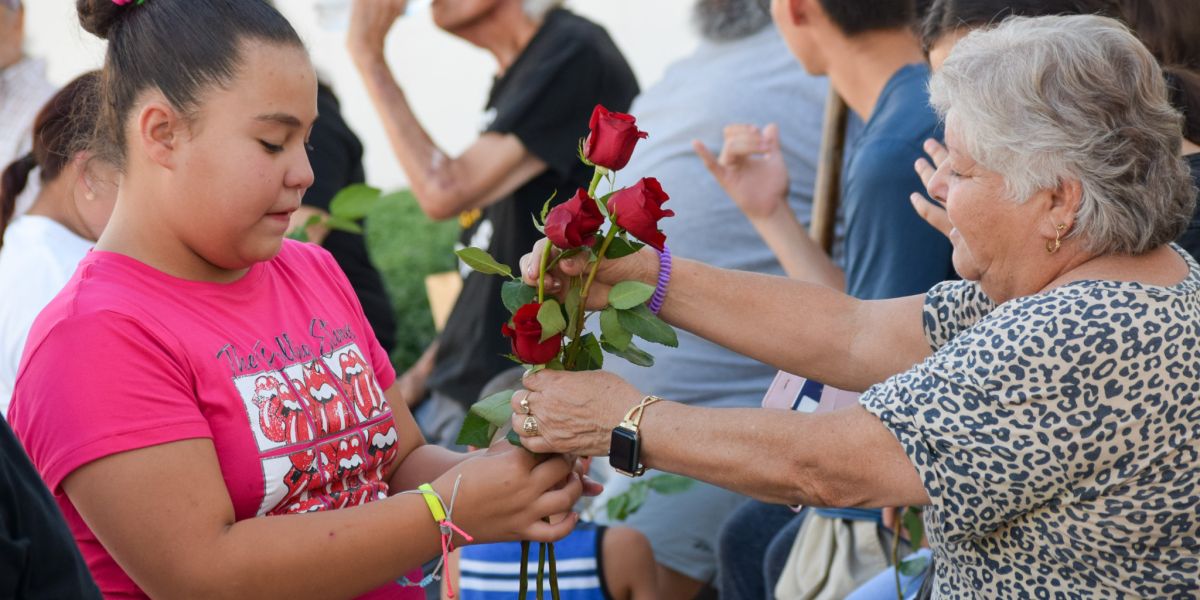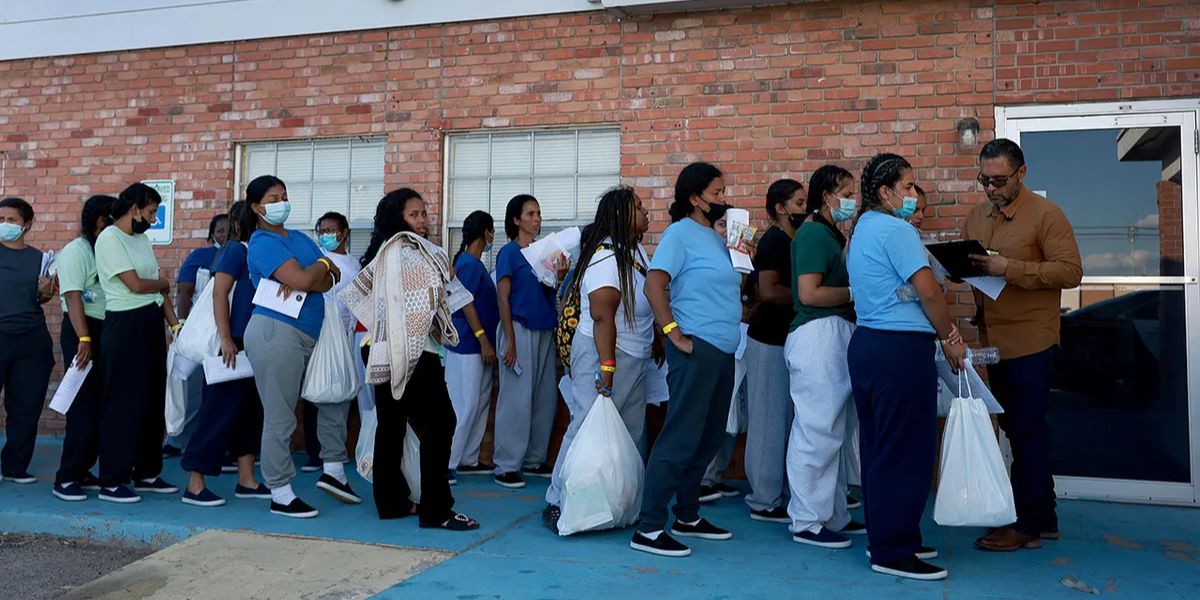El Paso, TX – In a city that has faced its share of adversity — from natural disasters to violence — local youth are stepping up as the next generation of community leaders, using their energy, creativity, and compassion to lead resilience projects that strengthen El Paso County. These young people are not waiting for change; they are actively shaping it by addressing issues like mental health, community safety, environmental sustainability, and social justice.
From creating awareness about trauma recovery to organizing neighborhood cleanups, El Paso’s youth are proving that leadership knows no age. Their work is not only empowering their peers but also fostering a culture of collective resilience that benefits the entire community.
Table of Contents
The Rise of Youth-Led Resilience Initiatives
For years, youth engagement in community development has been seen as secondary to adult leadership. However, El Paso has seen a shift in recent years, with more young people taking the lead in community resilience projects. This transformation is due in part to local organizations like Paso del Norte Health Foundation, The El Paso Youth Leadership Council, and The Border Youth Leadership Lab that have invested in cultivating leadership skills and providing youth with the tools to address challenges directly affecting them.
Miguel Ortega, a family resilience practitioner in El Paso, explains:
“Youth today are facing unique challenges — from the pressures of social media to navigating post-pandemic life. They’re learning that resilience isn’t just about bouncing back — it’s about building strength together, and they’re doing that by leading these initiatives.”
Mental Health Awareness and Advocacy
One of the most significant issues youth leaders are tackling in El Paso is mental health awareness. According to a report from the El Paso County Behavioral Health Commission, many young people in the area struggle with issues such as stress, anxiety, and depression, but are often reluctant to seek help due to stigma.
Local youth groups have organized mental health campaigns and peer support networks to break the stigma and promote emotional well-being. For instance, the El Paso Youth Council recently launched the “Speak Up, El Paso” campaign, which educates students about the importance of mental health, offers workshops on coping strategies, and connects peers to professional counseling resources.
“It’s really important for young people to hear from other young people,” says Jessica Martinez, a member of the El Paso Youth Council. “We’re creating spaces where it’s okay to not be okay, and we’re showing each other how to get help.”
Through these efforts, youth are not only raising awareness but also changing the narrative around mental health in schools and communities.
Community Safety and Violence Prevention
In addition to mental health initiatives, El Paso’s youth are playing a pivotal role in violence prevention and community safety. After experiencing a surge in neighborhood violence and national tragedies, young people are finding ways to bridge divides and build safer spaces for their peers.
The El Paso Youth Leadership Council, in partnership with the Border Art Healing Project, has facilitated peace-building workshops and violence interruption programs, which teach young people how to resolve conflicts nonviolently.
“We saw a lot of hurt in our community, and we wanted to be a part of the solution,” says Carlos Hernandez, a project coordinator with the Youth Leadership Council. “It’s about teaching our generation that we don’t need to fight to be heard. We can heal through communication, art, and action.”
By empowering youth to take ownership of safety in their neighborhoods, these projects are laying the groundwork for long-term peace and cohesion.
Environmental Resilience and Sustainability
The future of El Paso depends on its ability to adapt to climate change, reduce waste, and protect its natural resources. Local youth are leading the way with environmental sustainability projects that not only address climate resilience but also teach others how to care for their environment.
Groups like The Green Future Initiative and El Paso Environmental Youth Action have organized community clean-up events, tree planting campaigns, and sustainability workshops for students and families. These projects have directly contributed to improved environmental health in neighborhoods across the city.
“The environment affects us all, especially in a border city like El Paso,” says Maria Gomez, a youth coordinator for The Green Future Initiative. “We want to protect our land, our air, and our water, and we want to inspire others to get involved.”
In addition to environmental protection, these youth-led efforts have fostered community pride and a sense of shared responsibility for the region’s future.
Social Justice and Advocacy
El Paso’s young people are also driving social justice movements, focusing on issues such as immigration, racial equality, and access to education. In partnership with organizations like RAICES Texas and The Border Network for Human Rights, youth activists have organized advocacy marches, lobbying efforts, and public forums to address systemic inequities.
The Youth for Justice initiative, for example, has empowered immigrant youth to take action for immigrant rights and fair policies, often working alongside their families to advocate for better access to services and safer working conditions.
These advocacy efforts have not only brought attention to local issues but have also connected youth to national movements, providing them with a broader platform to enact change.
The Power of Youth Leadership for the Future
The youth-led resilience projects in El Paso are shaping the future of the community by fostering a generation of leaders who are proactive, compassionate, and dedicated to social change. With their focus on mental health, violence prevention, environmental sustainability, and social justice, young people are proving that they are not just inheriting the world—they are actively shaping it.
“We’re not waiting for someone else to fix things,” says Luis Rodriguez, a youth leader from the Border Youth Leadership Lab. “We’re here, and we’re ready to lead. Together, we can make El Paso stronger and more resilient.”
What do you think?
How are young people in your community making a difference? Share your thoughts or local experiences in the comments below and explore more youth resilience stories at reachviolenceprevention.org.









